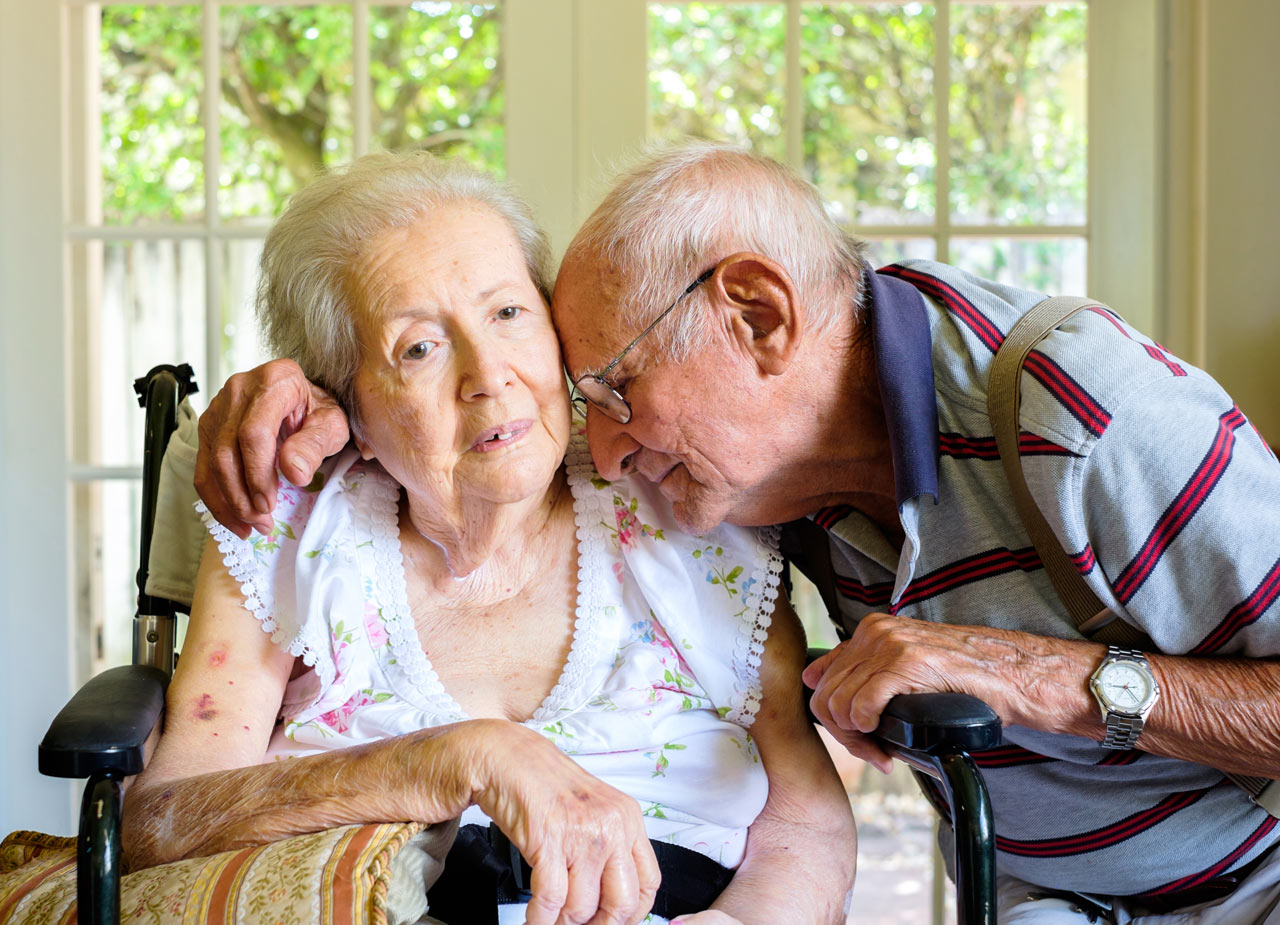What is Short Term Care?
What is the difference between short term care and long term care and how does it affect your home care?
When it comes to home care, we distinguish between long term care and short term care. Short term care for a senior or any adult generally means that there was a serious health episode or medical procedure done that necessitated a stay in a hospital or sub-acute care facility. Before the discharge to the home, the social worker at the facility (known as the discharge planner) arranges short term care for the patient.
The episode can be a fall, a heart valve replacement, a prolonged pneumonia, or knee surgery. Following the stay in the facility, various therapies and medications are usually administered to ensure the patient’s recovery. They are part of the treatment plan but are done at home. This may involve the services of a home health aide if the patient is debilitated. All insurances will cover the short term care at home-Medicare, private insurance, and Medicaid.
The discharge planner will take the doctor’s orders for therapies and care and arrange for the short term care at home. A Certified Home Health Agency, a CHHA, is contacted and the medical orders are completed. The CHHA has nurses, social workers, physical therapists, wound care specialists, speech therapists, and other therapists who will make home visits to the patient and do the therapy with her.
Remember the word health that is part of the CHHA acronym. The CHHA is responsible for providing the skilled therapies to restore the patient’s health. Although the CHHA may be required to send home care to help the patient bathe, prepare meals, and get dressed, the CHHA contracts out the unskilled services-the direct care (care by a home health aide). The agency that sends the home health aide is a LHCSA, a licensed home care services agency. Notice that the word health is not part of the acronym. This is a reminder that the LHCSA is responsible for the non-health work, the direct care by an aide.
All aides sent by a LHCSA are certified by the NYS Department of Health or the NYS Department of Education to provide care to a patient. They have taken classes and passed a test to work in this occupation. In addition, they take in-service training at their agencies to stay up to date on various diseases, treatment, and safety procedures. Home health aides are supervised by a nurse from Caring Professionals, the LHCSA of choice, for many families in the metropolitan New York area. That is because its decades-long record of compassionate caregiving is well known in the various communities. We match you with someone close by who speaks your language, can handle a difficult recovering patient, and knows what to do.
You can choose which LHCSA will send your caregivers. Caring Professionals is contracted with most CHHAs in the metro area. Even if it is not in contract with Caring Professionals, arrangements can be made on a case-by-case basis. Remember to ask for Caring Professionals’ professional caregivers, even if the discharge planner recommends a particular CHHA.
The number of hours of home care for a short term patient who is receiving CHHA services varies. It depends on the patient’s state of health, the insurance coverage, and the rate of recovery. The LHCSA does not make the determination. The hours are usually not substantial.
A patient may receive CHHA and LHCSA services for up to four episodes per year.
If the patient is a senior over age 65, he may apply for Medicaid long term care services if he is seriously debilitated and will not recover many abilities.
Medicaid in NYS is available for low income people. People with disabilities will receive Medicaid regardless of their income level under the Medicaid waiver program. This includes individuals who have experienced qualifying TBIs (traumatic brain injuries) and have permanent disabilities.
The rules for NYS seniors 65+ under Medicaid allow seniors to receive long term care, which will cover home care, transportation, and other services. Long term care for seniors is managed by MLTCS, managed long term care insurance companies, that are responsible for maintaining the senior’s health and life long term.
The Medicaid income rules for people 65+ allow moderate income people to set aside income and some assets so that they don’t have to be indigent to qualify. A newly instituted look back period, which is presently scheduled to begin July 1, 2021, restricts the start of Medicaid long term services (including home care) to 30 months after transfer of assets.
A family can receive free Medicaid enrolment assistance through Caring Professionals. This is a valuable service which will ensure compliance with the new rules as well as provision of long term care through Medicaid. Both the company that does the Medicaid enrolment assistance and Caring Professionals will support you every step of the way until the journey to Medicaid long term care is completed. It’s a complex one. However, once a patient is qualified, home care and other services are secure.
If you are interested in home care for your or a loved one, long term care or short term care please contact us here.
We will accompany you all the way on your home care journey and we will always help.
Related Articles:






